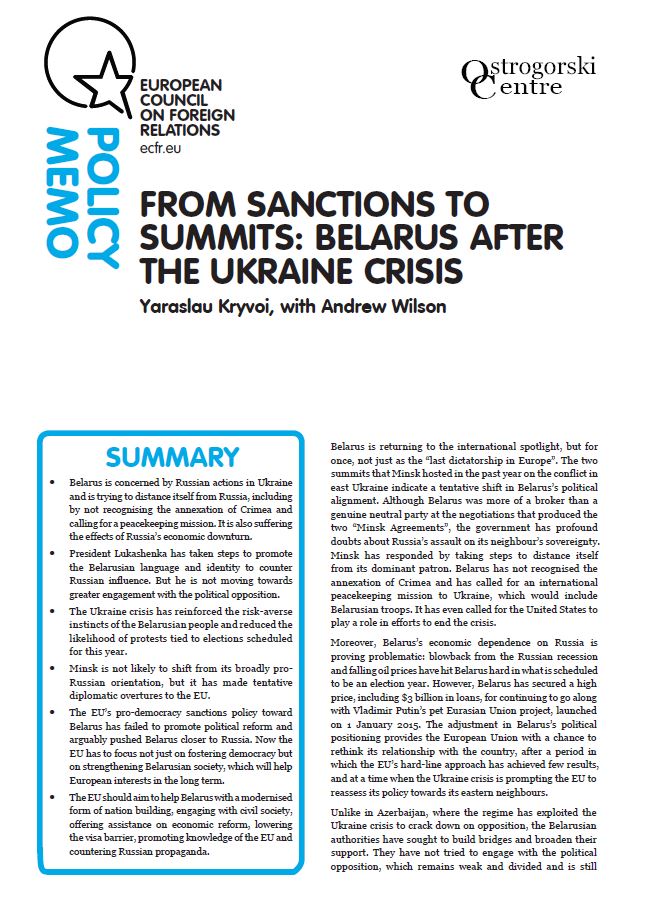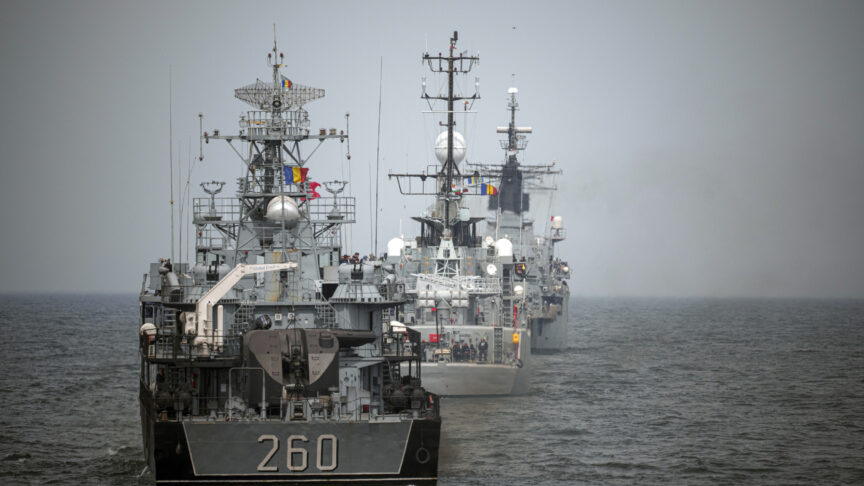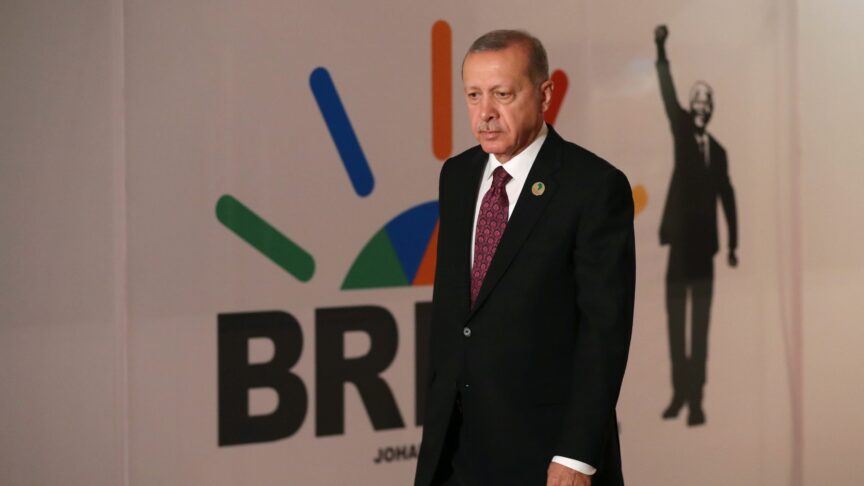From sanctions to summits: Belarus after the Ukraine crisis
As the European order shifts, the EU has a chance to rethink its strategy and objectives
With the situation in the East drastically changed by the Ukraine crisis, the EU should move towards greater engagement with neighbouring Belarus, according to this policy memo.
The authors argue that over the last four years, the EU’s policy towards Belarus, focused primarily on sanctions, has done little to promote wider political reform or social development.They believe Minsk is nervous about Russian aggression and has made cautious attempts to cultivate its own national identity, whilst Russia’s economic problems have diminished the Kremlin’s appeal for Belarus’s leadership. With the context dramatically reframed by the Ukraine crisis, the EU has now an opportunity to shift to a more constructive approach.
The authors Andrew Wilson and Yaroslau Kryvoi conclude that Belarus seems to be interested in exploring some kind of opening to the West, however, the EU needs to change its approach:
- The EU needs to understand that the Belarusian leadership has no interest in far-reaching political reform.
- The EU needs to decide whether or not to take up an implicit offer to act as a partner in strengthening the Belarusian state.
- The EU needs to find a form of engagement that can reinforce Belarus’s independence, increase its openness to Western influence and promote a more independent civil society.
ECFR’s Andrew Wilson says: “This is different to the previous attempt at warming up relations in 2010. Then there was some small hope of domestic liberalisation. But Lukashenka has made it clear he will not allow any version of the Maidan in Belarus when elections are held later this year. So the West has to decide whether to back statehood and Lukashenka’s often strong hand, rather than unrealistic hopes of democratic breakthrough.”
For a summary in Russian, click here.
Yaraslau Kryvoi says: “This paper debunks a number of myths and explains why Belarusians do not want to make a choice between European or Eurasian integration, why a regime change in Belarus does not guarantee transition to democracy and what can the West do in Belarus already now to strengthen its statehood and stimulate demand for gradual changes from within.“
The European Council on Foreign Relations does not take collective positions. ECFR publications only represent the views of their individual authors.



